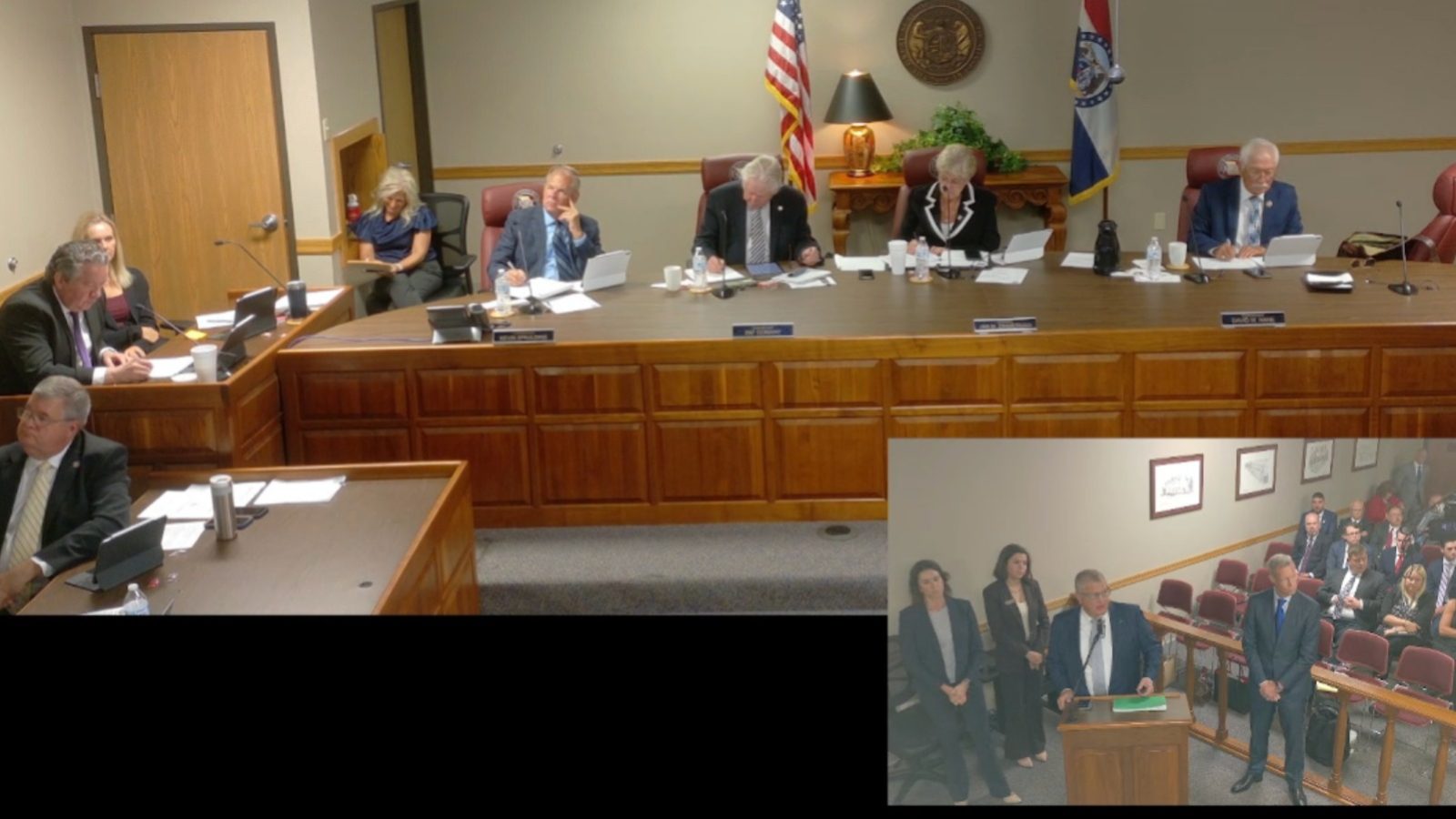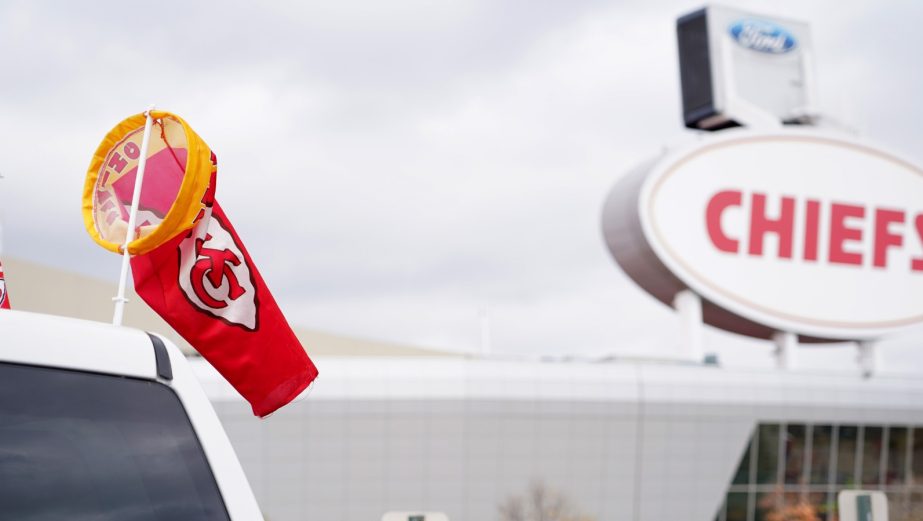Circa Sportsbook, DraftKings, and FanDuel made their pitches for untethered digital wagering licenses in Missouri Wednesday morning. And if the the Missouri Gaming Commission (MGC) is looking for cold, hard cash from the two licenses available, industry leaders DraftKings and FanDuel are the clear choices.
But if the commission is looking for something a little different, Circa founder Derek Stevens did his best to share why his boutique sportsbook that caters to high-limit bettors is the way to go.
The commission will award the licenses in a meeting Friday morning. Whichever platform does not get one can then apply for a tethered license. Representatives from both Circa and DraftKings indicated they were open to doing that.
With plans to go live by the mandated Dec. 1 date, the MGC will have up to 21 licenses available — the two untethered options plus 19 licenses for platforms partnered with any of the state’s retail casinos or six named professional sports teams.
“There are two untethered licenses and I have to find a way to differentiate myself from 70 percent of the market, which is standing in this room,” Stevens said in a nod to DraftKings and FanDuel, which across the county own around 80% of the digital sports betting market. “We take larger bets, we do not limit them. The bigger companies have very high hold percentages from many small bets from multiple customers. We take bigger bets from bigger players — our hold is targeted at 3.5 percent.
“Ninety-five percent of bets that Circa takes are over $50, and why that’s important to bring up — there’s no question that we are a much smaller company than your other presenters today, and if you look at what company will provide the most amount of taxable revenue to the state, we can’t compete. But we will attract a different kind of customer.”
David vs. Goliath
Stevens said that Circa attracts a more educated bettor, and one willing to risk more. He said Circa would bring “people who own businesses, farmers, attorneys” and more back onshore because they “prefer to bet in the U.S. in a legal jurisdiction.”
Before Stevens had his opportunity to present, representatives from DraftKings and FanDuel touted their collective market penetration, expansive responsible gambling programs, high hold (about 10% compared to Circa’s 3.5%), partnerships with pro teams, and brand recognition.
“We are more than just a household name … we sign deals with some of the biggest leagues in the country, and they wouldn’t do that if they didn’t trust us,” DraftKings Head of Business Development and Partnerships Krista Thomas told the commission. She said that DraftKings has 4.8 million active users, while FanDuel later said it has 7 million active users.
DraftKings and FanDuel are each live in more than 20 U.S. jurisdictions. Circa is live or licensed in five — Colorado, Indiana, Iowa, Kentucky, and Nevada — with plans to add Arizona and Michigan.
In its presentation, DraftKings representatives touted that the company has 50 employees dedicated to responsible gambling, and projects $175 million in gross gaming revenue by the five-year mark. FanDuel’s Stephen Higgins, who is in charge of strategic growth and innovation, said his company already has 110,000 Missouri-based consumers who have bet with FanDuel in other states. FanDuel, the biggest wagering platform in the U.S., said it projects $400 million in gross gaming revenue by year five.
Tethered licenses will ultimately cost more
DraftKings and FanDuel have existing daily fantasy sports databases in Missouri, which they say they can convert to sports betting customers. Stevens shared that Circa does not offer daily fantasy sports but does have its Club One program that has 81,000 active members in Missouri.
The key difference between getting an untethered vs. tethered license will be cost — not the cost of the license, as the regulator’s fee for a tethered or untethered digital license is $500,000. But will also have to make a market-access deal with a tethered partner. The deals can be structured many ways, and may include a revenue share. Ultimately, being tethered means less revenue or profit for the operator.
None of the three applicants owns or operates a retail casino in Missouri, though FanDuel has an existing nationwide partnership with Boyd Gaming, which does. DraftKings could potentially find market access through a 2019 deal with Penn Entertainment for a skin in Missouri. Circa does not appear to have an existing avenue to get into Missouri, and would have to make a new deal.
In other news …
The MGC also approved its “final orders of rulemaking,” the final draft of rules surrounding all things sports betting. The regulations cover everything from allowable wagers to responsible gambling requirements to house rules to a host of administrative details.
The next Missouri application deadline is Sept. 12 for tethered operators, suppliers, and vendors. The commission recommends applicants meet the deadline to ensure that platforms or products are “reviewed and considered promptly” in order to get approval before the December launch.
In addition to the three operator applicants who presented Wednesday, Underdog Sports previously applied for a tethered digital license, and Fanatics Betting & Gaming applied for a tethered retail and digital license.








